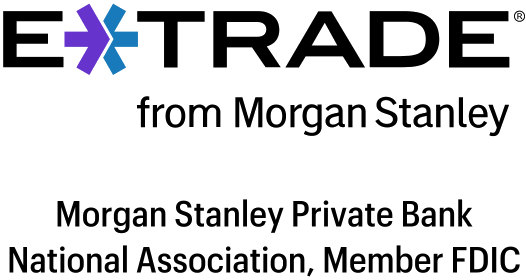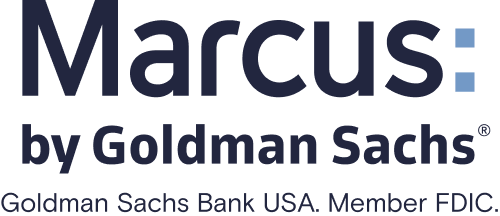Savings Account Withdrawal Limits and Federal Reserve Regulation D Explained
Some banks still enforce caps after the Federal Reserve removed the “no more than six” limit on monthly savings transfers.

Many, or all, of the products featured on this page are from our advertising partners who compensate us when you take certain actions on our website or click to take an action on their website. However, this does not influence our evaluations. Our opinions are our own. Here is a list of our partners and here's how we make money.
Savings accounts are an easy place to stash your cash, but a federal rule called Regulation D previously limited certain types of withdrawals — known as convenient transactions — to no more than six a month. That changed in April 2020 when the Federal Reserve announced that it was removing the requirement that banks enforce the limit. However, banks and credit unions generally have kept restrictions in place.
Regulation D and why it matters
The federal rule, also known as Reg D, has been a way of ensuring banks have the proper amount of reserves on hand. It applies to savings accounts and money market accounts, and it encourages people to use them as they are intended: to save money. Because of the economic impact of the coronavirus pandemic in 2020, the Fed relaxed this rule to make it easier for customers to access their money. But banks still have the option to keep withdrawal limits in place.
Which transactions could be limited under Reg D?
The following types of withdrawal transactions for savings and money market accounts fall under the rule:
Online transfers, from either within the same institution or to a different one.
Transfers initiated over the phone.
Overdraft transfers to checking. (Find out how to avoid overdraft fees.)
Transactions made by check or debit card. (Some money market accounts have limited check-writing and debit features. Learn more about these products in NerdWallet’s money market account primer.)
Automatic or preauthorized transfers, such as bill payments or recurring withdrawals.
Which transactions don’t apply to the savings account withdrawal limit?
The following aren't considered convenient transactions under Regulation D:
Withdrawals or transfers made at ATMs.
Withdrawals or transfers made by mail.
Transactions made in person at a bank.
Withdrawals made by telephone if a check is mailed to the depositor (instead of electronically transferred to another account).
Check with your bank. Even though Reg D exempts these types of transactions from the six-withdrawal limit, some institutions charge penalties for any excessive transactions, including those made in person and at ATMs.
What if I go over the limit?
The consequences of going over the savings account transaction limit depend on your financial institution. You may be charged a withdrawal limit fee or an excessive use fee, which is typically around $3 to $5 per transaction. Some banks don’t charge excessive withdrawal fees at all.
In general, it’s worth shopping around for a low- or no-fee savings account that won’t ding you for transactions. But you will still want to be careful about the number of transfers you make. If there are too many excessive withdrawals, financial institutions reserve the right to convert the savings account into a checking account (that may not earn interest) or even close it.
» Looking for checking alternatives? See NerdWallet’s best checking accounts.
What if I need cash after I hit the limit?
If you need to access funds from your savings account after reaching the six-transaction limit, try using one of the methods not limited by Reg D. That includes using ATMs, withdrawing money in person at a branch or having a check mailed to you. But read your bank’s disclosures to determine if you'll be charged any fees.
How to maximize savings
Avoiding excess withdrawals, and any associated fees, is an important part of maximizing your savings. You'll also want to earn the best possible rate. The national average savings account interest rate is 0.39% APY. But some institutions, particularly online banks, pay much more than that. If you put savings in a high-interest account, your money can grow more quickly.

Member FDIC
Forbright Bank Growth Savings

3.85%
$0

Member FDIC
Varo Savings Account

5.00%
$0

Member FDIC
E*TRADE Premium Savings

3.50%
$0
Quick tips on avoiding Reg D related fees
If you’ve been penalized for going over the limit, or want to make sure you never hit it, keep these tips in mind:
Link any automatic transfers, such as bill payments, to your checking account instead of savings. Checking accounts generally don’t limit the number of withdrawals.
If you hit the transaction limit and need to make another transfer or withdrawal from your savings account, do it at an ATM or in person at a bank.
Try to avoid overdraft transfers, which could be counted as part of the six-transaction limit. Set up low-balance alerts on your checking account and curb your spending if your balance edges to zero.
ON THIS PAGE
ON THIS PAGE













